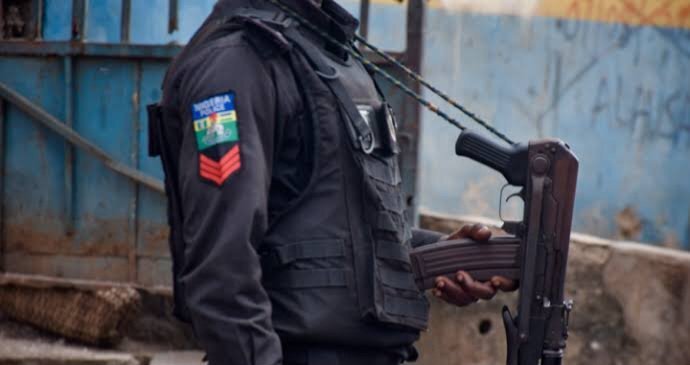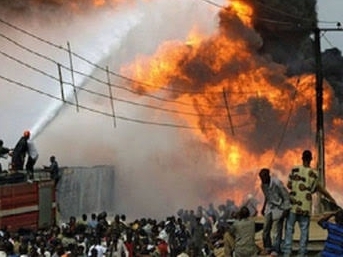The Cross River State Police Command confirmed the incident in a statement on Sunday.
According to the Command’s spokesperson, Ugbo Irene, the incident happened in the early hours of Sunday at the Divisional Police Headquarters in Atakpa, Calabar.
She said Bassey “returned from his night duty at Ekondo Microfinance Bank and began to exhibit abnormal behaviour.”
“Inspector Bassey refused to hand over the AK-47 rifle he was assigned and instead proceeded to block the station’s gate, preventing anyone from entering or leaving the premises. Despite attempts at peaceful dialogue to resolve the situation, the officer’s actions escalated,” the statement read.
“Subsequently, Tactical Units/Patrol teams were deployed to the scene, where Inspector Bassey, suspected to be mentally deranged, opened fire on bystanders who had been instructed to leave the area.
“Tragically, three individuals were struck by the officer’s stray bullets, including Ijeoma Wilson Obot, a 41-year-old female, who later succumbed to her injuries. The other two victims, Charles Mkpang and another individual, are currently receiving medical treatment and are in stable condition.”
The Command’s spokesperson stated that the officer was eventually subdued, disarmed, and is now in police custody, adding that he is undergoing further investigation into the incident.
Worried by the incident, the Assistant Inspector General of Police, Zone 6 Headquarters, Calabar, and the Cross River State Command Management Team visited the hospital where the victims were receiving care.
At the hospital, the AIG made a donation to support the immediate treatment of the injured.
The Command explained that police authorities were engaging with key stakeholders to ensure that the tension in the community is de-escalated.
It also called on the families of the victims and the public to remain calm as the investigation into this unfortunate incident continues.
“The Cross River State Police Command is committed to ensuring that justice, fairness, and equity prevail, and the outcome of the investigation will be made public in due course.
“We extend our deepest condolences to the family of the deceased and wish the injured a speedy recovery,” the statement said.











